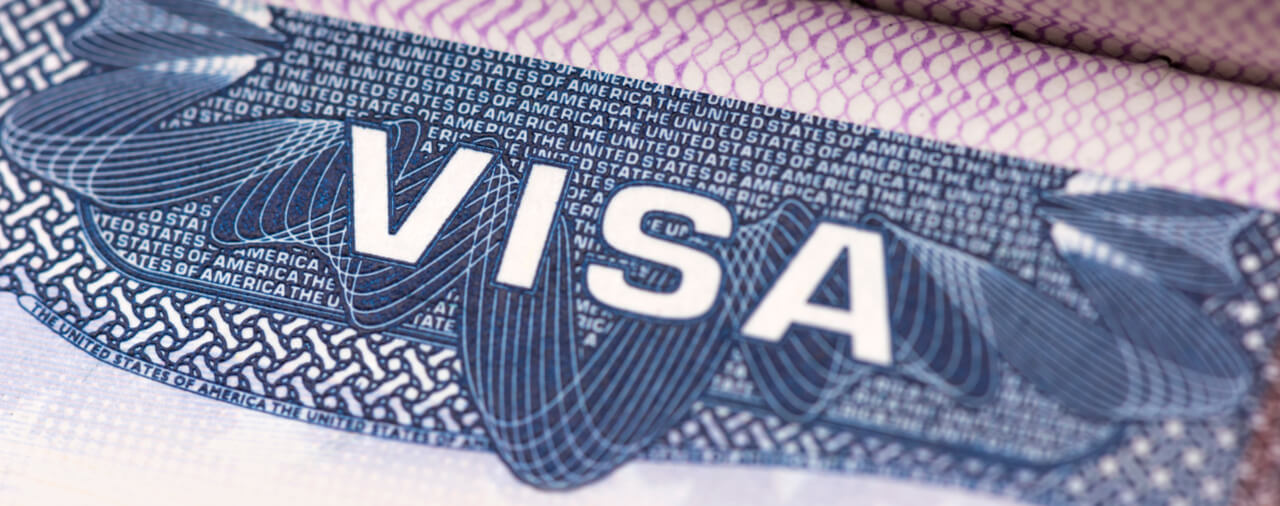Work Visas
There is a variety of employment visas available to individuals seeking to come to the United States to work. These visas can be temporary or permanent in nature. At The Law Offices of Grinberg & Segal, PLLC, we strive to provide comprehensive legal services to those wishing to obtain U.S. work visas.
